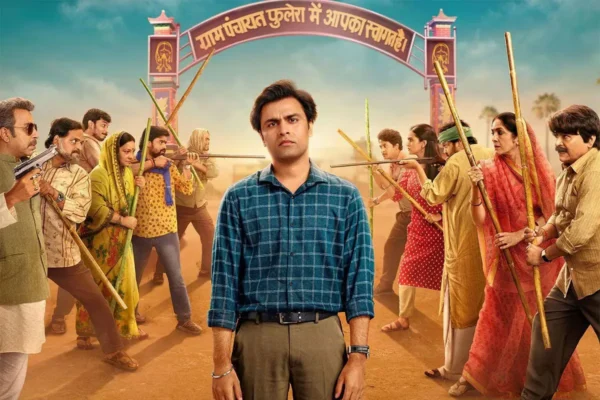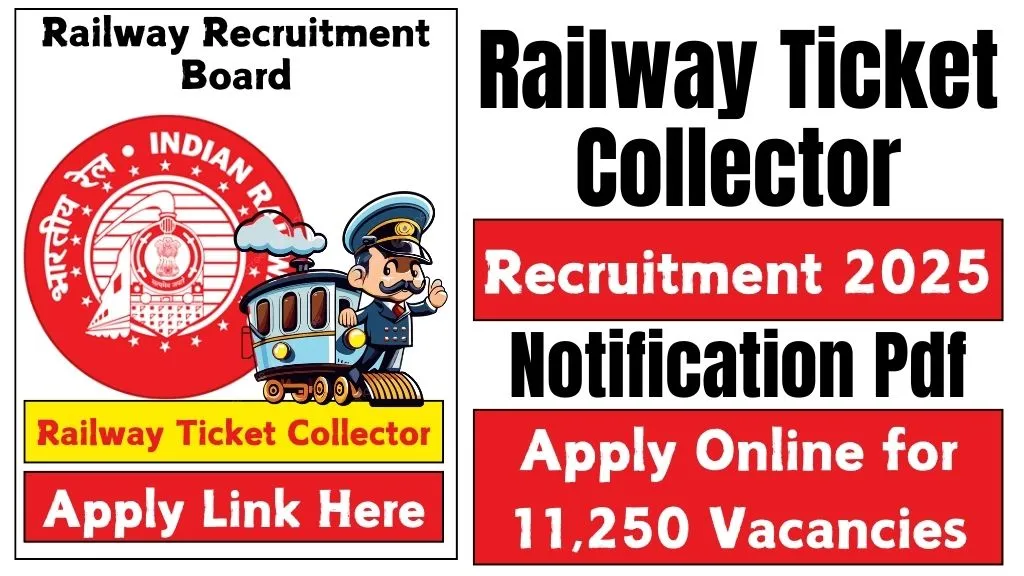

The CEO of Zomato invites Bengaluru man to apply for a job after impressive suggestions on its new feature
In this day and age, where customer engagement and feedback are the single most important catalysts for business evolution, it speaks miles that Zomato‘s CEO, Deepinder Goyal, did exactly that-showed how much worth user insights are. After his recent reach-out to Bengaluru-based product manager Bhanu on X, asking him to apply for a position at Zomato, he was actually impressed by his suggestions regarding improving Zomato’s latest feature, “Food Rescue.”
The Goyal-Bhanu relationship has also been in the news, where the feedback from the proactive customer is turning out to be the factor that is gaining special attention, and the preference of tech companies is now moving beyond traditional recruitment modes to attain the required talent.
Food Rescue by Zomato:
There’s a New Chapter of Saving Food As a new feature, Zomato recently launched “Food Rescue,” to help reduce food wastage and offer discounts to its users. This is a pretty simple yet impactful idea-when an order gets canceled, Zomato offers that order at a discounted price to users around that place. The benefit here is that this reduces food wastage and lets the customers buy meals at discounted rates. Goyal elaborated on the feature with an in-depth thread on X, saying that orders will be delivered without tampering and quickly.
“Cancelled orders will now pop up for nearby customers who can grab it at an unbeatable price in its original untampered packaging and get it in just minutes,” Goyal explained. He said it would benefit nothing to Zomato except covering the taxes imposed by the government. The resales would be transparent, and the restaurant partners will still receive a portion of the original canceled order but now with added bonus from the paid amount of the new customer in case the order is claimed.
While the “Food Rescue” feature has great potential, resulting in a win-win situation for customers, restaurants, and the environment, it certainly generated several questions and concerns on social media.
Feedbacks and Suggestions from Bhanu According to the customer:
- Immediately after the announcement, there were mixed reactions from various users on X. While some users welcomed the opportunity of buying food at discounted prices, others expressed their skepticism regarding possible misuse. Bhanu is a product manager based out of Bengaluru who availed of the opportunity and gave some specific suggestions regarding how Zomato should fine-tune the feature to avoid misuse and related risks.
- Bhanu identified some of the issues that may arise with the Food Rescue feature if they are left unchecked, such as the following:
- Exclusion of Cash-on-Delivery Orders: He suggested that the Food Rescue option should be barred from cash-on-delivery orders. According to him, COD has more chances of misuse since there are users who may go for this option without even having confirmed payment.
- Cancellation Ceiling on Orders: Bhanu had proposed to put in a cap as to how many cancellations are allowed within one day. He himself had suggested his limit of two orders. This would withhold the users from canceling orders senselessly just for buying it later at discount.
- Proximity-Based Order Lock: One of the key suggestions of Bhanu was a proximity-based order lock that should prevent customers from canceling their order if the delivery partner is within 500 meters of the location. This would ensure that customers don‘t misuse this feature in real time by canceling orders at the eleventh hour for a potential price advantage.
- Blocking Coordinated Abuse: He also pointed out the likelihood of friends or family coordinating cancellations for volume discounts and laughingly called it “two idiots sharing meals ordering and canceling at the same time.” But really, his concern is the continued abuse, where customers order and cancel pairs hoping to beat the system.
- These suggestions spoke to Goyal’s heart, who commented on Bhanu‘s post, clarifying how many of the safeguards Bhanu had suggested were already in place. Still, Bhanu‘s thought process impressed Goyal, so he approached Bhanu to know more about him.

Deepinder Goyal‘s Response: A Job Offer Through Social Media
Deepinder Goyal‘s response to Bhanu was more than a mere acknowledgement of his suggestions. So, he inquired from Bhanu, “Who are you and what do you do? Would love to know you more and see if we can work together.” And this actually reflected his interest in finding out the potential that Bhanu could have as a part of the Zomato team. The Bengaluru resident responded by telling that he is a product manager working in a startup and said that he was enthusiastic about improving the services offered to the tech companies and that he makes suggestions frequently to companies he uses such as Blinkit, the sister concern of Zomato.
This is not only a gorgeous example of the value of customer feedback but also of how tech companies think outside the recruitment box to find innovative thinkers who understand the product and can grasp points of pain for customers, best described by Goyal’s response directly to a user:. He has freely spoken about his commitment to hiring only top people and, it is reportedly said, personally takes charge of hiring even the lowest-level employees.
Why This Interaction is a Great Example:
Customer interactions via social media in this fast-moving, highly technologically advanced world, most of the time are or can only amount to a feedback avenue or a platform through which one would consider giving a promotion. Perhaps much less likely is the eventuality of such interactions of a person through social media culminating in an employment opportunity, let alone from a high-profile CEO. The situation also presents a little on the importance of proactive engagement by the user and, of course, the value accruable to companies by actively listening to their customers.
This was probably the first time a programmer like Bhanu was being offered such a platform to talk and give his credentials directly to the top brass of the company. For Goyal, it was a chance to interact with someone who obviously understood Zomato‘s product well and could think critically about its functionality. This interaction sets a very encouraging example for other companies to look for talent in unconventional ways, thereby recognizing and rewarding valuable input from their user base.
The Wider Implications:
Social Media’s Ability to Determine Whether You Get Hired and Provided with Feedback
The conversation between Goyal and Bhanu also serves as an indication of how even a humble platform like X can have so many uses for companies other than marketing, from customer service to product announcements and real-time feedback, and even hiring. This open, real-time form of communication opens up a wide reach of companies towards gathering insightful knowledge and acting on it in an effective manner. It further opens up doors for users like Bhanu, who may have valuable expertise and ideas but would not necessarily apply through traditional channels of recruitment.
For Zomato, this engagement becomes justified in creating an active user base that enjoys taking ownership of the discussion by voicing opinions. As companies listen to these voices, they know better what will improve their innovation and in turn create employees who already understand the product and share a passion for making the product even better.
Conclusion
This interaction by Bhanu with Deepinder Goyal is a refreshing reminder of the possibility that lies in user feedback. Goyal‘s willingness to explore the suggestions by Bhanu and even to consider him for any role evidences forward-thinking in leadership and hiring. This tells you that what tech companies look for today is proactive, out-of-the-box thinkers who bring value beyond a formal resume.
By introducing features like “Food Rescue” and listening to user feedback, Zomato shows its commitment to tackling social issues like food waste while keeping user interests at the core of its decisions. For users, Bhanu‘s story demonstrates how sharing ideas and engaging constructively on social media can open unexpected doors and help shape the products they use every day. This case study inspires both the companies and customers to meaningfully engage underscoring the mutual benefits of a community-driven approach to business development.






